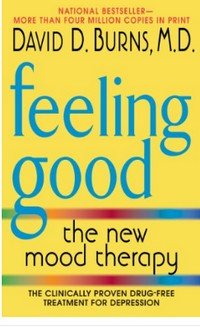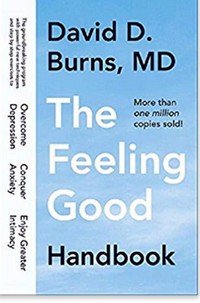What do do when the meds don’t work?
|
Good Morning REBT Mates!
A loyal reader complains that the meds are not working and his talk therapy guys tells him that his prescribing doctor is “one of the best” in the area. Here is what I offered. What would you have told him?
***
I think you may be correct in your concern that perhaps your pshrink gives you meds and expects you to keep quiet about it. You would hardly be the first. However, there is no way to know for sure until you raise these concerns with him. I would think that a positive relationship with a helping professional encourages and open and honest two-way dialog, even if that may not always be easy or pleasant. I am not a physician, don’t have medical training and that is not particularly my “thing” in any case. On that level, I am not qualified to have an opinion one way or the other. However, I can suggest that it seems counter-intuitive to me to continue taking specific meds if there is no clear evidence that they are helping. Your pshrink “may” prefer an outcome where he just gives you your meds, they make you “happy,” and you go away and don’t bother him too much. Note I said “may.” I don’t know your or your pshrink from a bar of soap. In any case, I would suggest that the ideal relationship with your prescribing doc is one in a climate of unconditional positive regard, where he is interested in your situation and eager to help you feel and get better, where he is keenly interested to know the real rather than the preferred outcome of any meds he is giving you, and is also eager to work proactively and aggressively to alter the dosage and/or change the meds until you are both satisfied you are obtaining an adequate benefit. When you are having both talk therapy and a prescribing doc, ideally the two providers have a working relationship are informed about how your case is going.
 |
 |
 |
 |
| The now classics Feeling Good: The New Mood Therapy and The Feeling Good Handbook by David Burns are your “go to” CBT-101 primers for learning and applying CBT to your life. However, both have very thorough and informative discussions of antidepressant medications from a CBT perspective. Admittedly, though, the info could use an update, but still very solid and helpful if the subject is new to you. |
I would strongly recommend that you “gird up your loins” and talk to your talk therapy guy about this and get some coaching for how you will bring it up with your prescribing doc. Show him this e-mail if you like.
You say you do not care to do volunteer work, one of the cheapest and most effective treatments for depression and especially for social isolation. Fine. As we say in Thailand, “up to you, lah!” However, what are you willing to do instead? What will you do instead? Because what I get from your e-mail and previous e-mails is that what you have been doing so far has not been working so well. Is that right? Are you at the very least doing your disputing and other REBT-CBT on a daily basis?
Fondly,
Rex
Khon Kaen, Thailand
Rex@REBTinfo.com
![]()
Originally posted 2015-08-15 17:21:33.
- Aim for success, not perfection - Thu 26 Feb 26
- Nothing either good or bad, but thinking makes it so - Wed 25 Feb 26
- Is “indifference” a better option than “strong preference”? - Wed 25 Feb 26


